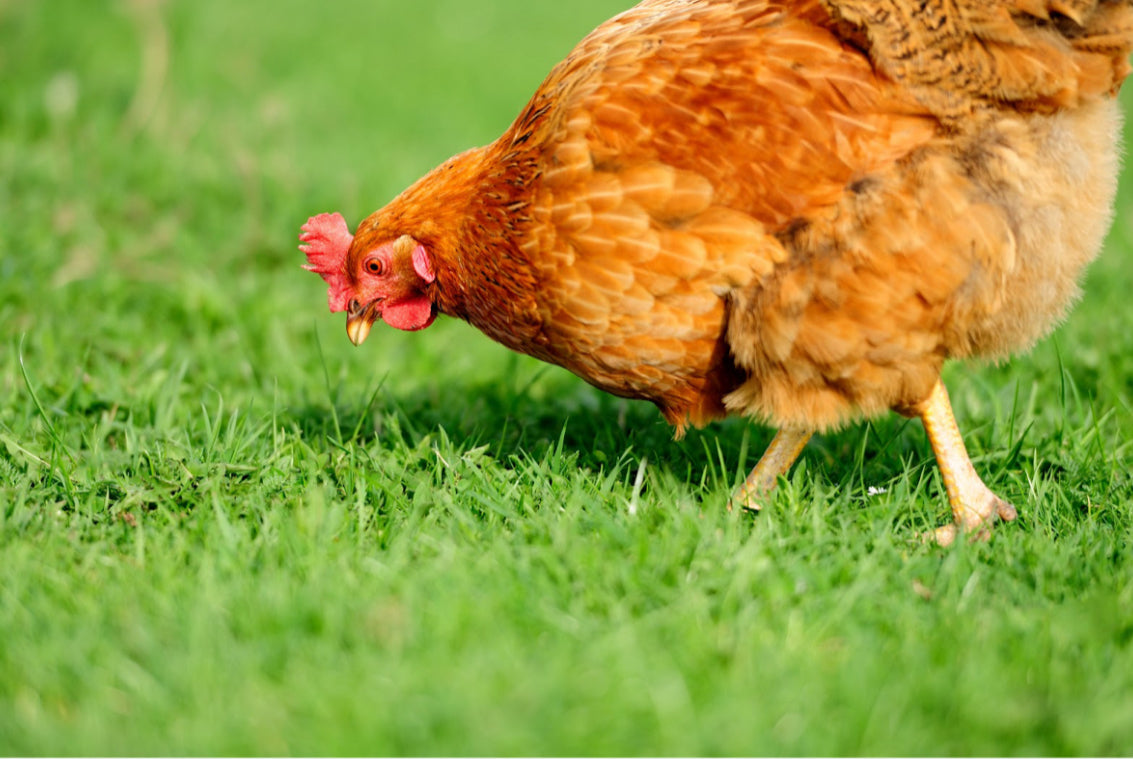Raising backyard chickens has become increasingly popular, offering a rewarding combination of fresh eggs, natural fertilizer, and the joy of nurturing animals. However, to ensure your flock remains healthy and productive, proper care and attention are essential. Below is a comprehensive guide for new and seasoned chicken keepers alike.
1. Setting Up the Right Coop
The first step in caring for backyard chickens is providing a safe and comfortable coop. Chickens need a weatherproof shelter that protects them from predators and harsh environmental conditions. The coop should have:
-
Good ventilation to prevent respiratory issues.
-
Sufficient space, ideally 3 to 4 square feet per chicken inside the coop and 8 to 10 square feet per bird in an outdoor run.
-
Roosting bars for sleeping.
-
Nest boxes for laying eggs, one box for every 3 to 4 hens is typically sufficient.
Use secure fencing and hardware cloth (not chicken wire) to keep out raccoons, foxes, and other predators.
2. Providing a Balanced Diet
A nutritious diet is crucial for egg production and overall health. Chickens require:
-
Commercial layer feed which contains balanced protein and calcium levels.
-
Fresh water daily, which should be clean and free of debris or droppings.
-
Calcium supplements, such as crushed oyster shells or eggshells, to support eggshell formation.
-
Occasional treats like fruits, vegetables, and grains, but these should not exceed 10% of their diet.
Avoid feeding chickens salty, sugary, or moldy foods, as these can cause health problems.
3. Daily and Weekly Maintenance
Caring for chickens involves both daily and weekly tasks. On a daily basis, check:
-
Feed and water levels.
-
Egg collection (to avoid breakage or brooding).
-
General behavior and appearance of each chicken, lethargy, abnormal droppings, or feather loss may indicate illness.
Weekly or bi-weekly, clean the coop to reduce odor and prevent diseases. Replace bedding (such as straw or pine shavings), clean waterers and feeders, and inspect the structure for any needed repairs.
4. Seasonal Considerations
Winter: Insulate the coop without compromising ventilation. Use heat lamps sparingly and only if temperatures are extreme.
Summer: Provide ample shade, fresh water, and ventilation to prevent heat stress. Chickens can suffer from overheating, so misters or frozen treats can help keep them cool.
5. Health and Biosecurity
Keep your flock healthy by practicing good hygiene:
-
Quarantine new birds before introducing them to the flock.
-
Keep wild birds away from the coop to avoid disease transmission.
-
Deworm and vaccinate if necessary, and consult a veterinarian if health issues arise.
Monitor for mites, lice, and signs of respiratory infections. Regular dust baths help chickens control parasites naturally.
6. Enrichment and Welfare
Chickens are intelligent, curious animals. Provide perches, dust bathing areas, and space to forage. Free-ranging (safely) can enhance their quality of life, reduce boredom, and improve egg quality.
Raising backyard chickens is a fulfilling hobby with tangible benefits. By providing the right shelter, nutrition, hygiene, and attention, your flock can thrive and provide your household with eggs, companionship, and plenty of entertainment.




0 comments